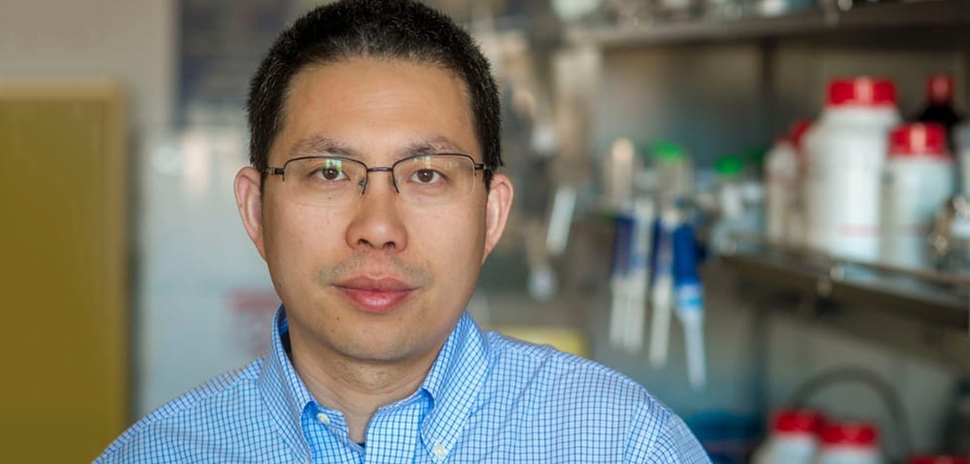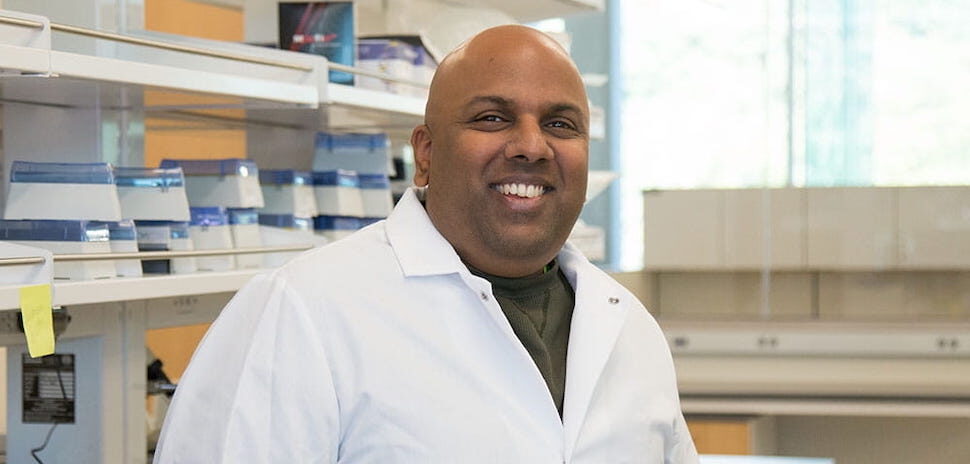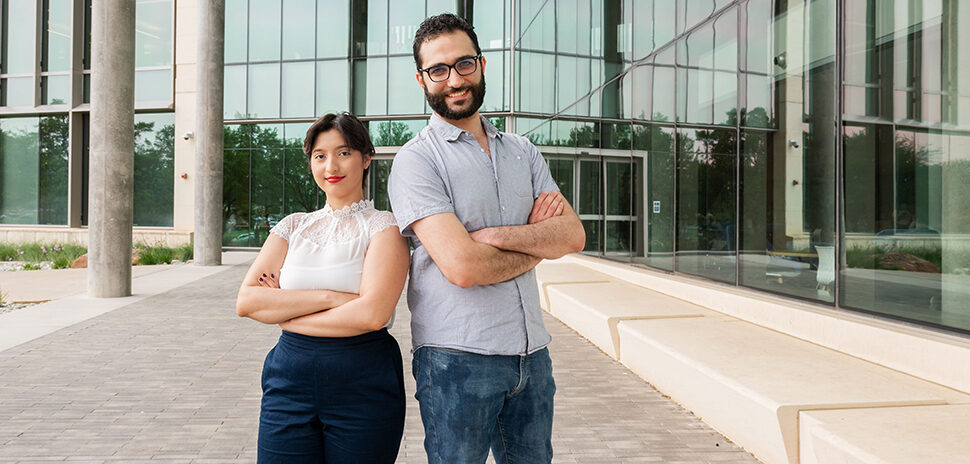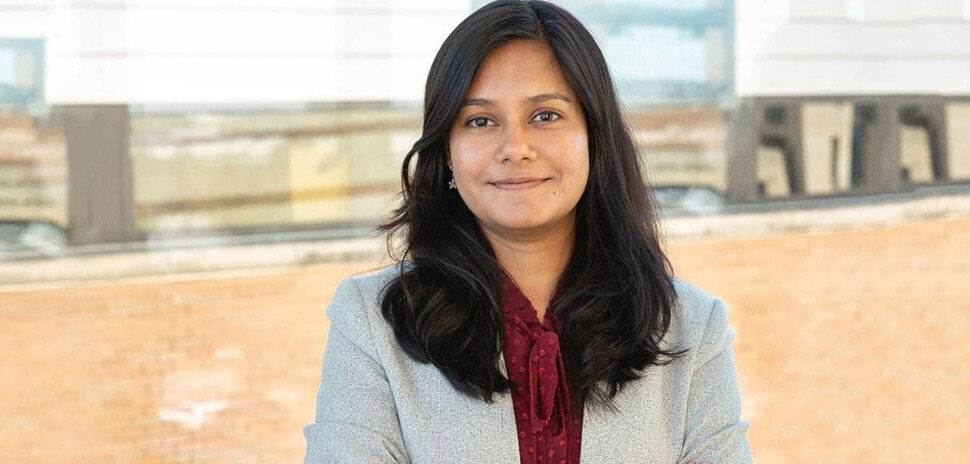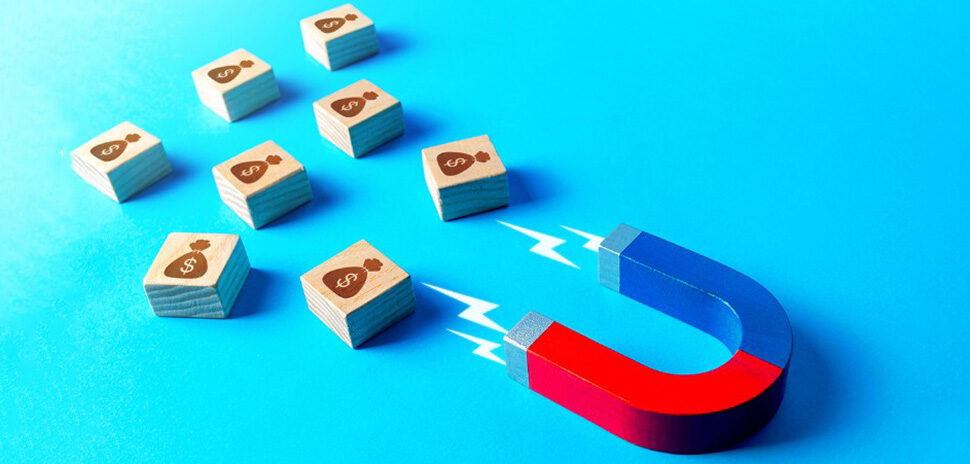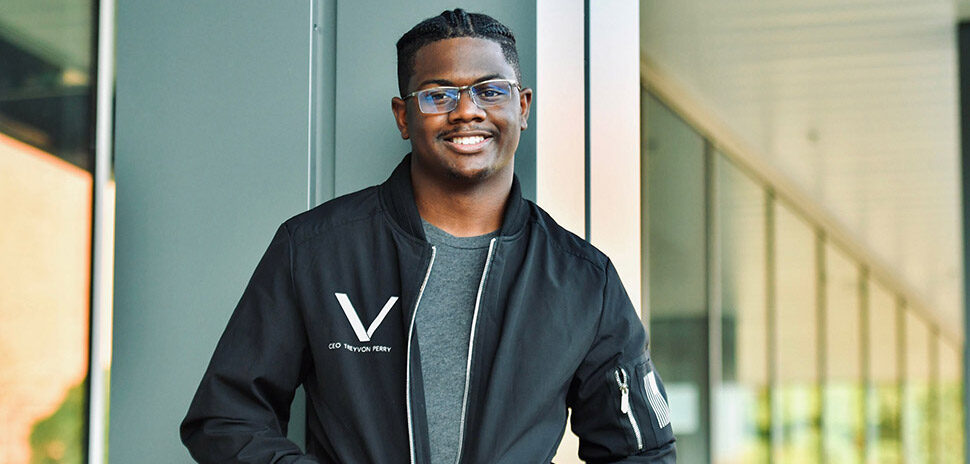“This fundamental research will help us understand the interactions between heart cells and the biomaterials used.”
Yi Hong
Associate Professor, Department of Bioengineering
UT Arlington
.…on developing new bioactive materials to mimic the natural state of a body for heart research.
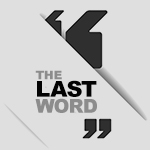 Hong has received the Established Investigator Award from the American Heart Association, receiving $400,000 in research funding support for five years. The award is given to established investigators in rapid growth phases of their careers, whose accomplishments continue to show promise.
Hong has received the Established Investigator Award from the American Heart Association, receiving $400,000 in research funding support for five years. The award is given to established investigators in rapid growth phases of their careers, whose accomplishments continue to show promise.
Hong’s promise centers around his research on new “bioactive materials” to mimic the natural state of a body for heart research. That’s important because cardiovascular disease remains the world’s No.1 killer in the world, claiming nearly 18 million lives per year, UTA says.
Hong says biomaterials and tissue engineering show promise for use in tech including cardiac patches and injectable materials that can help repair people’s hearts.
“The challenge is that some of these biomaterials aren’t ideal, because of their mechanical mismatching and insufficient bioactivity,” Hong said in a statement. “This fundamental research will help us understand the interactions between heart cells and the biomaterials used. We must analyze what happens with these interactions and why.”
Hong’s team is combining two categories of biomaterials
Hong said there are two categories of biomaterials: synthetic elastic biomaterials and biological materials.
He’s now leading his UTA research team in combining lab-designed soft elastic material and bioactive decellularized heart extracellular matrix, with a goal of generating a new bioactive material. Hong will collaborate with bioengineering Associate Professor Jun Liao and Zui Pan, a professor in UTA’s College of Nursing and Health Innovation.
“The polymers will provide mechanical support and mimic mechanical behaviors,” Hong said. “That will guide cell alignment, and the decellularized heart extracellular matrix will offer specific bioactivity. Our technique will try to maximally maintain bioactivity of the heart extracellular matrix.”
Michael Cho, professor and chair of the Department of Bioengineering at UTA, calls the American Heart Association award given to Hong “highly competitive and prestigious.”
“This new biomaterial platform will be widely utilized and applied toward the treatment of heart diseases,” Cho said in the statement, adding that it will “significantly strengthen UTA research efforts in cardiovascular diseases.”
For more on what’s new and next in North Texas, check out Every Last Word.
![]()
Get on the list.
Dallas Innovates, every day.
Sign up to keep your eye on what’s new and next in Dallas-Fort Worth, every day.










